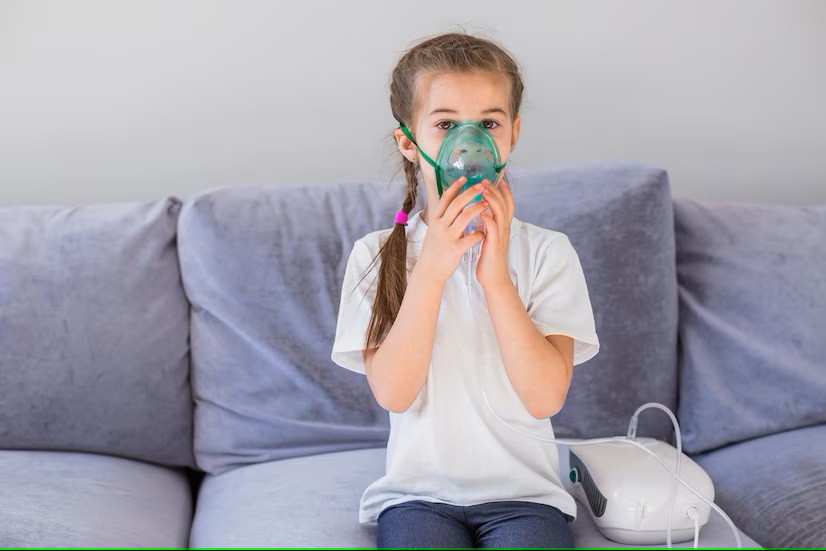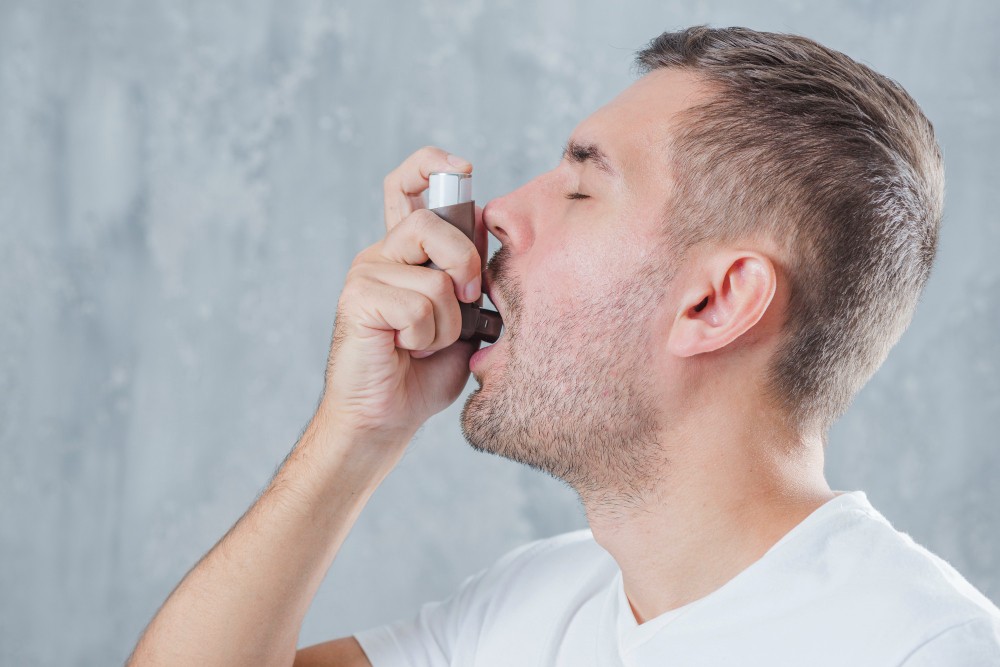Asthma is a lung disease that causes inflammation and narrowing of the respiratory tract. It is a chronic disease, meaning it can be experienced for a long time and requires ongoing treatment to control symptoms.
A person has develop asthma from childhood. Symptoms can affect a child's play, exercise, school and sleep. Since there is no cure for asthma, parents should prepare their children for school or activities outside the home.
Beware of symptoms of asthma in children
Symptoms of asthma in children can vary, including:
- Wheezing sounds when breathing
- Shortness of breath
- A feeling of pressure in the chest
- Coughing often occurs under certain conditions, such as when infected with a virus, sleeping, exercising or when it's cold
- Asthma symptoms in children are not always the same and can worsen over time. Generally, symptoms worsen at night or early in the morning. It takes good cooperation between parents and teachers so that children with asthma can still participate in school activities well
Tips For Preparing Children with asthma for school
With careful preparation from parents and teachers, children with asthma can participate in school and other activities effectively.
Inform the school
You will need to inform the school of any asthma or other medical conditions that make your child need extra attention. In fact, in some countries, it has been suggested to compile a list of students in the school who have medical conditions such as asthma in order to prepare first aid and ensure asthma medication is easily accessible in every classroom where the child studies.
Prepare for first aid
As asthma symptoms can differ among children, parents should create a list of first-aid preparations:
- Things that can trigger asthma attacks in children
- The type of medication the child may take if symptoms worsen
- Emergency numbers to call if the child needs medical care
- list of symptoms that indicate the child needs immediate medical care
Make sure that medications are readily available.
Parents should ensure that their child's asthma medication is accessible at school, either by having it stored there or ensuring the child carries a backup. This is important for the child's safety and well-being, particularly in school or daycare environments. It's also important to inform school teachers about the location of the child's asthma medication, like inhalers, and ensure they are trained in its correct usage.
Educate the child
Apart from educating those around your child, it's important to educate the child about their asthma. They should understand the symptoms requiring treatment, how to use an inhaler, and when to seek emergency medical help for severe symptoms.
Preparing children for school is a challenging task for many parents, as there's always the concern of sending them off independently. You can make use of the consultation features that are available in the Ai Care application by downloading the Ai Care application from the App Store or Play Store.
Looking for more information about pregnancy, breastfeeding, and the health of women and children? Click here!
- dr Hanifa Rahma
Jenna Fletcher (2022). 6 Tips on Preparing Your Preteen or Teenager with Asthma for School. Available from: https://www.healthline.com/health/asthma/6-tips-on-preparing-your-preteen-or-teenager-with-asthma-for-school
Mayo Clinic (2023). Childhood asthma. Available from: https://www.mayoclinic.org/diseases-conditions/childhood-asthma/symptoms-causes/syc-20351507
National Heart, Lung, and Blood Institute (2022). What Is Asthma?. Available from: https://www.nhlbi.nih.gov/health/asthma











